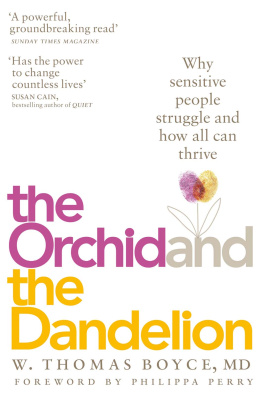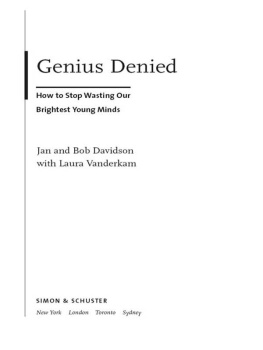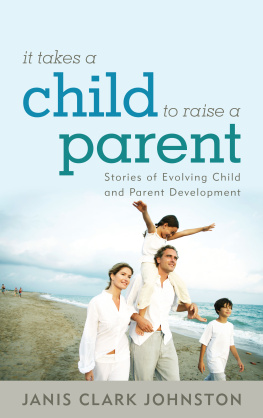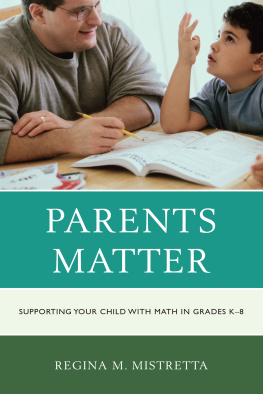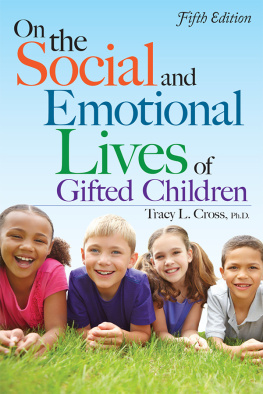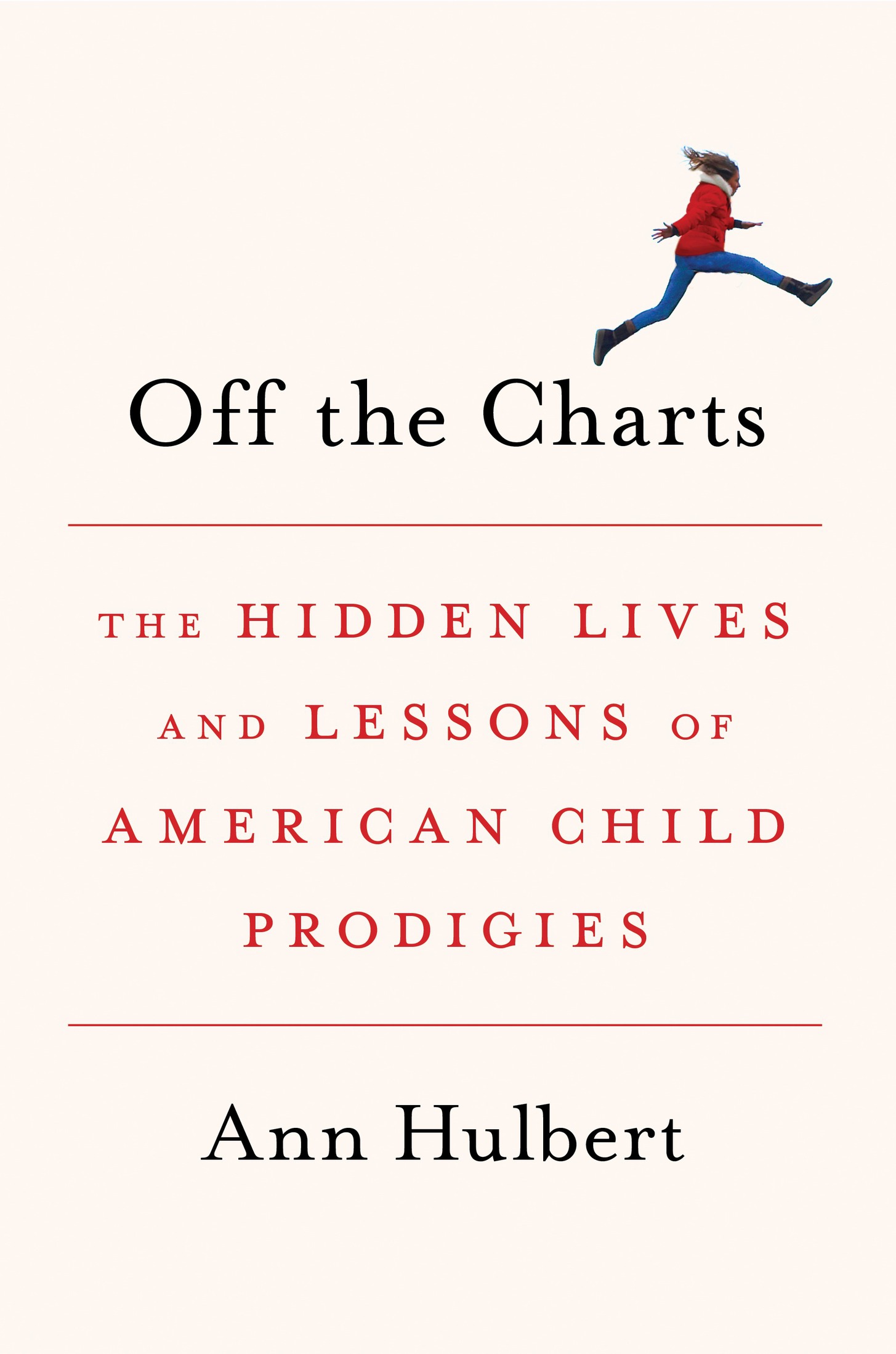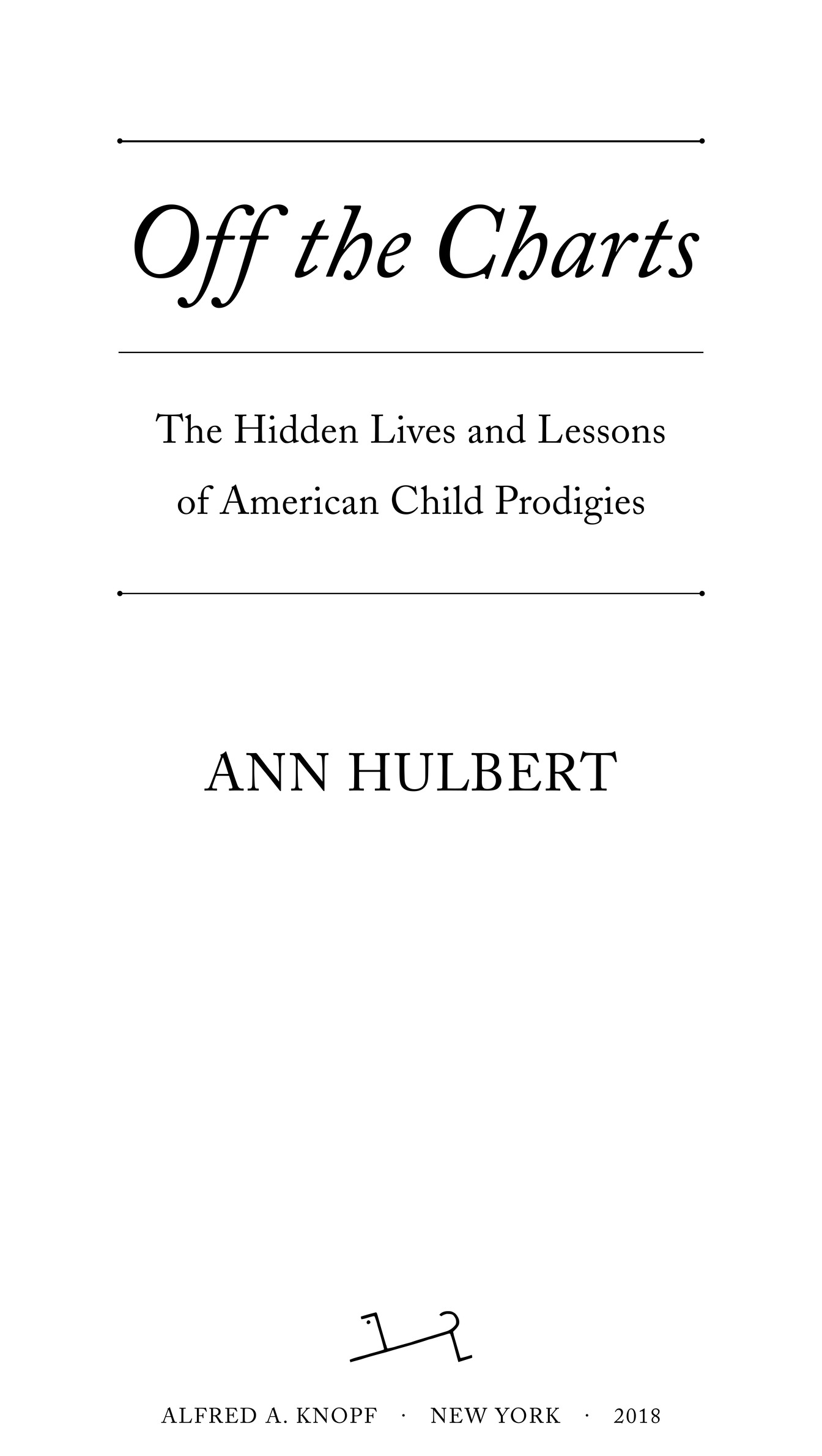PUBLISHED BY ALFRED A. KNOPF
All rights reserved. Published in the United States by Alfred A. Knopf, a division of Penguin Random House LLC, New York, and distributed in Canada by Random House of Canada, a division of Penguin Random House Canada Limited, Toronto.
Knopf, Borzoi Books, and the colophon are registered trademarks of Penguin Random House LLC.
Due to limitations of space, permissions acknowledgments appear at the end of the volume.
Names: Hulbert, Ann, author.
Title: Off the charts : the hidden lives and lessons of American child prodigies / by Ann Hulbert.
Description: First edition. | New York, NY : Alfred A. Knopf, 2018. | Includes bibliographical references and index. | Description based on print version record and CIP data provided by publisher; resource not viewed.
Identifiers: LCCN 2017003438 (print) | LCCN 2017018679 (ebook) | ISBN 9781101947302 (ebook) | ISBN 9781101947296
Subjects: LCSH: Gifted childrenUnited States.
Classification: LCC HQ773.5 (ebook) | LCC HQ773.5 .H85 2017 (print) | DDC 371.950973dc23
Prologue
When is a boy not a boy? In the summer of 2005, a six-year-old named Marc Yu was eager to stump me as we stood in a hallway of the Colburn School of Music in Los Angeles before his cello and piano lessons began. An adorable little guy in a red Pacific Oaks Childrens Center T-shirt and matching red socks, he was deep into his repertoire of riddles, awarding a point for every punch line I came up with. When he turns into a store, I answered, after briefly debating whether to play dumb.
Marc practically danced into his classroom, ignoring the requests of his cello teacher and his mother, Chloe Hui, that he please settle down. An hour later, after I heard him play Vivaldis Concerto in G Minor for two cellos on a quarter-size instrument several inches bigger than he was, another answer occurred to me: When hes a prodigy. During his next lesson, I watched Marcs tiny hands racing through Bachs Concerto in F Minor for the piano. His bony shoulders moved with the music and the effort of producing remarkable clarity and phrasing, and I felt the full force of the riddle. As he slipped down from his booster seat on the piano bench, begging his teacher to let him tackle at least a part of Rachmaninoffs Second Piano Concerto, I couldnt help wondering what he might actually turn into.
Several months later, I watched as Marc became a poster boy for a mission to stop wasting our brightest young minds in an era of global competition. He was awarded a $10,000 fellowship for his prodigious work by the Davidson Institute for Talent Development, founded six years earlier to support and proselytize on behalf of profoundly gifted children. Sixteen mostly teenage superstars joined him, honored for their portfolios of intellectual and artistic feats, which they submitted along with testimonies about their labors and tributes to mentors. The fellows, hailed as a precious but imperiled national resource, got a taste of advocacy as well. As part of the celebratory festivities in Washington, D.C., the prizewinners paid visits to Capitol Hill to speak about their hard-won accomplishments.
For Marc, the classic child prodigy in a group of bigger and gawkier students, the credential brought crossover stardom, too. On a tour of the talk showsEllen DeGeneres, Oprah, The Tonight Showhe told jokes and got off funny one-liners. Then he removed the red gloves that kept his hands warm and played a sample from a repertoire that ranged from Mozart to Gwyneth Walker. (She is still composing, Marc deadpanned, unlike most of the composers I like, who are decomposing.) When a more earnest morning show interviewer asked him if he thought he was gifted, he looked flustered. I dont know. He shrugged, mumbling a guess about a possible gift from God. What Marc wanted to talk about was his hard work, not a topic typically associated with child wonders, who are supposed to soar without sweating. In his many media appearances, he spoke out whenever he could as an ambassador for a resurgence of American excellence, ready with advice. Marc, who had lately lost three teeth, had come up with a lisping sound bite: You should play Game Boy less, and you should practice more.
The democratic zeal of the message, and of its six-year-old messenger, was inspiring. Marc wasnt smug. He seized every chance to salute his immigrant mother and her tireless guidance. Marc didnt scold. He delivered the counsel with sincere fervor and irrepressible energy. Here was a boy who sometimes stole to the piano at night, Chloe reported, drawn by a favorite passage hed toiled over during the day. As Marc swayed on the bench, playing with unusual feeling, his eyes closed and face uplifted, his transport inspired a neck-prickling awe not just at the music pouring forth but at the mysteries of human potential. How often do we underestimate childrens untapped powers and phenomenal capacity to learn? The possibilities are extraordinary for a child with a childs imagination and a childs heart, marveled a conductor stunned by Marcs adult-level mastery. With momentum like his, what might maturity bring?
At the same time, the spectacle of Marc couldnt help but stir more mundanely discomfiting sensations, a variation on the what-is-American-youth-coming-to worry that every generation of parents, along with pundits and policy makers, succumbs to. Warnings about a rising China, and about widening achievement gaps in the United States, were hard to ignore. Tiger parenting had yet to enter the lexicon: Amy Chuas shocker of a book, Battle Hymn of the Tiger Mother, about goading two daughters to virtuoso extremes, lay half a decade ahead. But the fraught ethos of early superachievement was already familiar enough, as hard to like as it was to shake.
You didnt have to be a parent with two overscheduled high school kids, though I was, to feel off-balance. In an ever more competitive world, what is the promiseand the priceof honing youthful potential ever earlier and more avidly? What happens to those imaginations and hearts? The not-so-democratic consequences of Americas meritocratic mystique were obvious: stressed-out, helicopter-parented, test-prepped, accelerated children bent on exceptional performance from cradle to elite collegeand left-out children, lacking adult guidance and challenging goals, derailed by obstacles. I sighed at the proto-prodigy expectations: Was this a likely route to social equality, or resilient autonomy, or bold creativity? I signed up my privileged, omni-enriched kids for SAT prep anyway.
This is a book about prodigies like Marc, who arent merely amazingly good at something before they lose all their baby teeth or hit puberty. Ive chosen young marvels in modern America who have also tapped into a very public concern about precocious achievement, which baby boomers and their successors are far from the first to feel. To display adult mastery as a childor, in several cases in this book, as a teenageris usually to draw notice. But different talents seem to attract heightened interest in different decades, inviting scrutiny as auguries for the rest of us. Over the past century, the zeitgeist has swept some prodigies to special attention as emblems of social progress or as victims of worrisome pressuresor often both at once. Who they are, and what particular skills they display and how, touches a nerve. Marc, a captivating miniversion of the virtuoso piano celebrity Lang Lang and, with his mother, an outspoken proponent of perspiration over inspiration, was a standout made to order for a China-focused, college-frantic moment preoccupied with grit, the latest lab-tested talent development secret on the lips of psychologists, educators, and parents.


